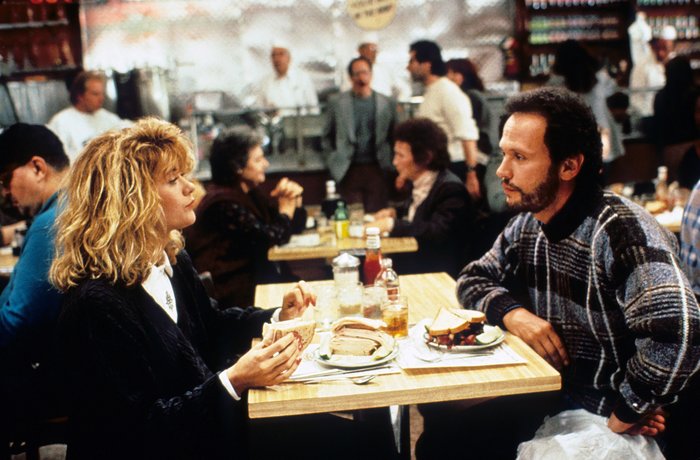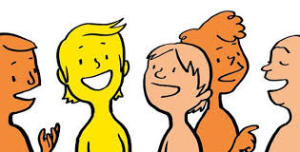Good news!
America is once more open for business, with a thriving economy, a healthy populace, and a vibrant culture that is spilling out onto the streets of every city in our bounteous, invincible nation. Nonstop laughter threatens to deafen us. Our happiness and joy is at maximum exhilaration. Truly, these are the best of times.
Wait, you say that you’re looking out your window, and you don’t see any of that?
OK, it’s true that the coronavirus is rampaging anew across the country, with spiking infection rates in multiple states. It’s true also that the federal government has basically given up fighting the virus, and is now urging Americans “to plow headfirst into a deadly crisis that is racking up horrific numbers of dead in an unprecedented abdication of presidential leadership.”
And yes, every industrialized nation in the world is staring at us, collective mouths agog, shocked at our floundering inability to protect our citizens and our apparent zeal for societal suicide.
But those are the only negative things going on, so don’t get all pessimistic.
Oh wait — there is also the fact that our economy is still near Great Depression levels, and the insistence that we needed to reopen our states has only backfired spectacularly, causing more damage than if we had simply behaved like responsible adults instead of spoiled children, and myriad experts predicted that this exact horrific situation would occur.
Sure, if you look at it that way, it’s a little frustrating.
However, it’s not as if the president of the United States ignored a hostile power placing cash bounties on the heads of our nation’s soldiers, possibly leading to the murders of many troops. And then that chief executive, who has exhibited nothing but disdain and contempt for the military that his party supposedly reveres, then lied about being informed of the Russian plot, and followed up by kowtowing (yet again) to a malevolent dictator for his own unknown, incomprehensible reasons.
Well, maybe that kind of, sort of… actually happened.
But hey, at least everyone is rallying around the need for cultural change. I mean, nobody is still denying that racism is a major crisis, and it’s not as if furious, frazzled white people are panicking that their unquestioned dominance is now actually being questioned, and responding by shrieking and vandalizing and freaking out, even drawing guns on black people over the slightest provocation.
OK, maybe a little.
However, it’s a tribute to the American spirit that our nation’s citizens are still displaying that upbeat, can-to attitude that…
Hmmm, it seems that in truth, Americans have not been this unhappy in at least a half-century. And “an overwhelming 89 percent of Americans say they are dissatisfied with the way things are going in the country.”

Well… fuck it. I got nothing.
Except for this little tidbit:
“Black and Latino Americans are significantly more optimistic than they were last year that life will be better for future generations than it is now.”
Yes, the percentage of African Americans who believe in a brighter tomorrow has doubled over the past year, and the percentage of Hispanics who agree with that sentiment has also increased to the point that white people — specifically white Republicans — are now the least optimistic about the future.
And here you thought Trump was going to make life better for his followers.
In any case, why are African Americans and Latinos cautiously optimistic about the future?
Perhaps it is because Latinos, in particular, tend to maintain positive attitudes. Or maybe it’s because ethnic minorities have a lot of experience dealing with calamity and dark days, so we roll with the horror better than most. Or perhaps it’s because many of us believe that the nation is finally addressing its long-simmering, long-ignored racial issues, with the possibility that real change will finally occur. Or maybe we just figure the country bottomed out when Trump got elected, leading to today’s inevitable quagmire of disaster, and things can only get better from here out.
Regardless of cause or rationality, it’s hope. And it’s about all we have going for us.













